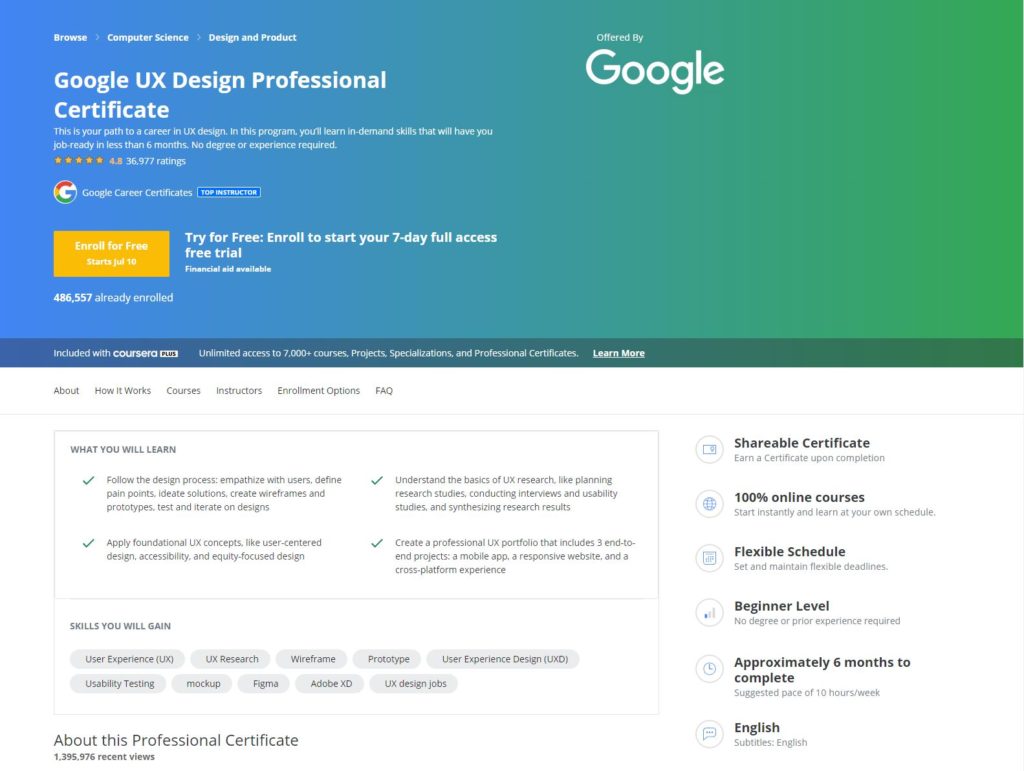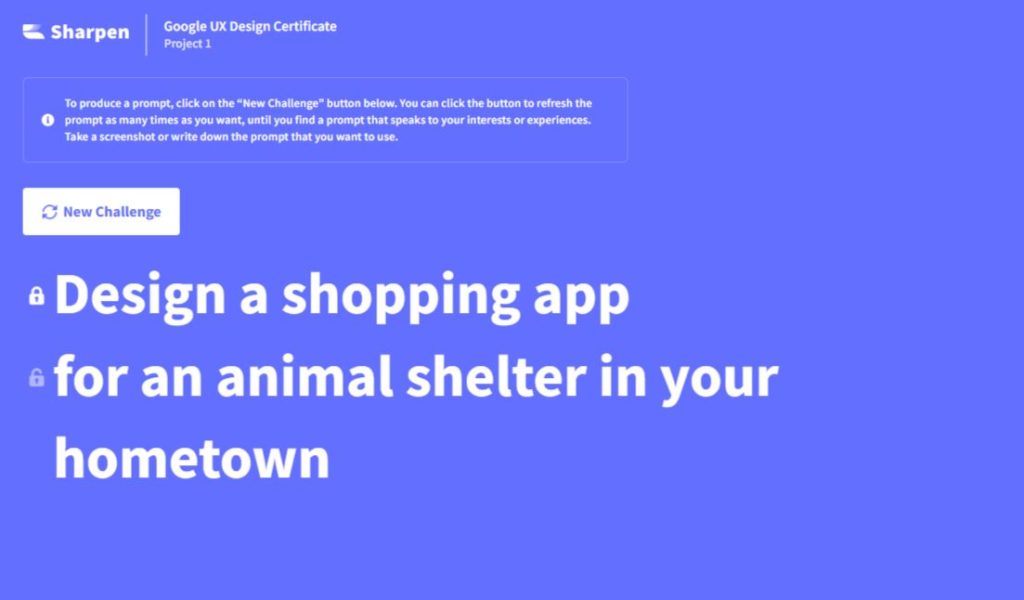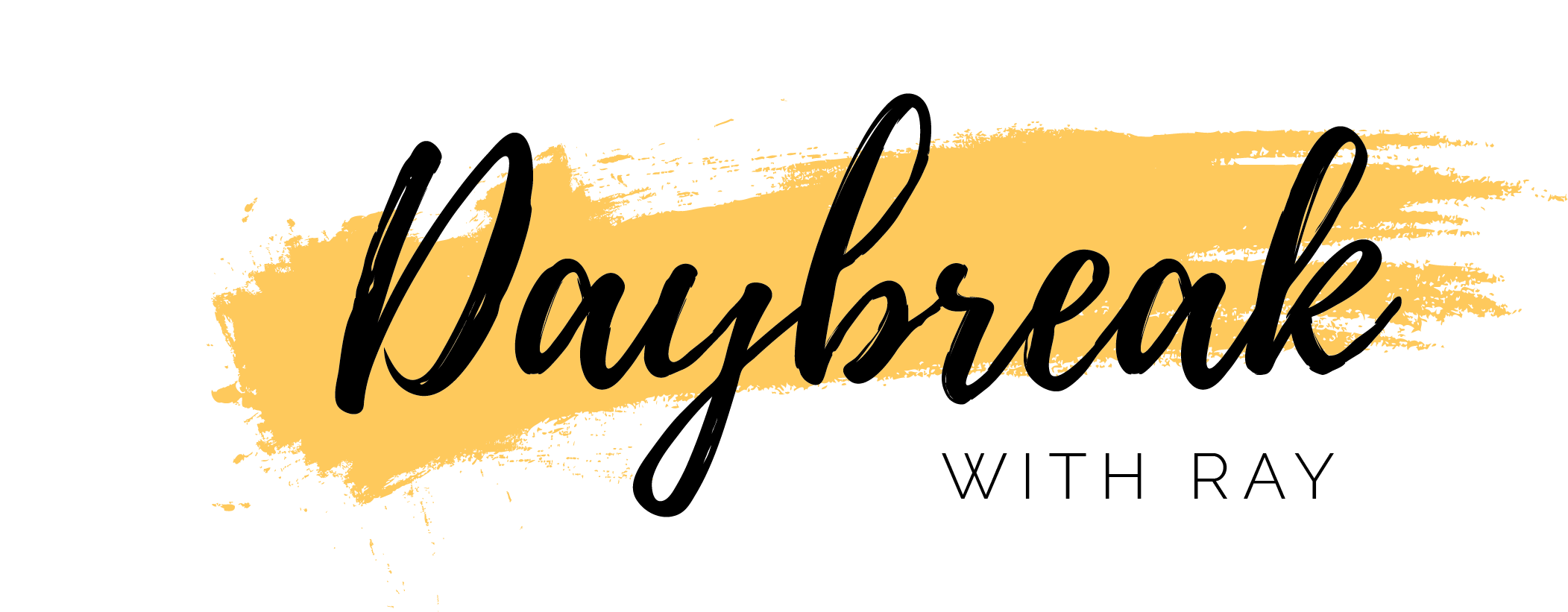My Story: From Fresh Graduate to Start-up to Student
It was 2020. We had our graduation ceremony online, and like most people, it didn’t feel like much. But what came after did – job-hunting.
I started setting up my LinkedIn profile, updated my CV, and polished my cover letter. It was a great start. The title “Major in Computer Engineering” attracted quite a few recruiters, maybe because it had the word Computer. I was nervous but excited at the same time.
After some searching, I found a company I was particularly interested in. I applied, went for the interview, and returned feeling hopeful, only to be slammed in the face with rejection a few days later. I tried to reach out to understand what I could’ve done better, but the feedback I received was that I lacked experience.
I was confused at first. I had applied for the graduate trainee program, hoping they could train me and help me gain more experience in the field. So it didn’t make sense to me when they were hoping for someone with more experience to apply for this program. I was frustrated. That’s when I looked for start-ups.
I figured, if I lack the experience, then why not try to gain some. Even if it means earning a lot less, I’d definitely grow faster this way.
Learning More About Yourself
Fast forward a year, I learned more about my likes and dislikes relating to my career. I liked having a mentor because it helped me learn faster in a guided direction. It also helped me gain the confidence to try and fail, knowing they have my back. But I also found out that I don’t like coding.
I’ve been learning coding since high school. Then I continued my studies at university and eventually graduated. That’s why it bothered me when I realized after so long that coding wasn’t my passion.
If I wanted to change fields, I would have to start taking courses and build a portfolio. And so I did. I started taking online courses from Coursera, picking up whatever knowledge and skills I could. After learning here and there, I realized how interested I was in UX design, so I started taking a UX design course by Google.

I was on fire during the first course, racing through the learning materials and acquiring all the knowledge I could. By the second one, I was excited to pick my portfolio topic to work on (Design a shopping app for a local animal shelter) and finally apply what I’ve learned. But during the third course, it got harder to continue because the assignments started to pile up.

By the fourth, I had stopped. I questioned whether it was the right topic to work on or whether I was doing it right. Since the courses that follow would only build upon this foundation, if I mess up the basic building blocks, it’ll only fall apart sooner or later.
When Opportunity Knocks
But a week ago, I came across a volunteer project for a local animal shelter. They were looking for someone with UI/UX design background to help design and build a mobile app for their pet adoption platform. It almost completely overlapped with my ideal draft of my app for the course. I told myself, “This must be a sign.”
So despite not having the required skills, I applied for it anyway. It was the first time I was so confident in selling myself because I really wanted to help design and build this app for the animals in the local shelters. But most of all, it was the work that I’ve slowly built up that gave me the push I needed.
Following the course work, I’ve learned to create user personas, user journeys, and storyboards. I’ve even drafted a low-fidelity prototype of the app on Figma, which I could share with the employers. That was when I realized that opportunities comes to those who are prepared. I wasn’t fully prepared for the job since I still have 3 courses left, but it was definitely a start. It also reminded me that even though my effort may seem fruitless at times, I’m most certainly making progress.
How about a nice snack to nibble on during work break? Try our Chocolate Cupcake recipe with a sprea
Have you been checking in on your stress levels lately? With the new year, let's make it a habit to
Looking for a productivity tool to upgrade your life? Check out Momentum Dash for your personal spac




